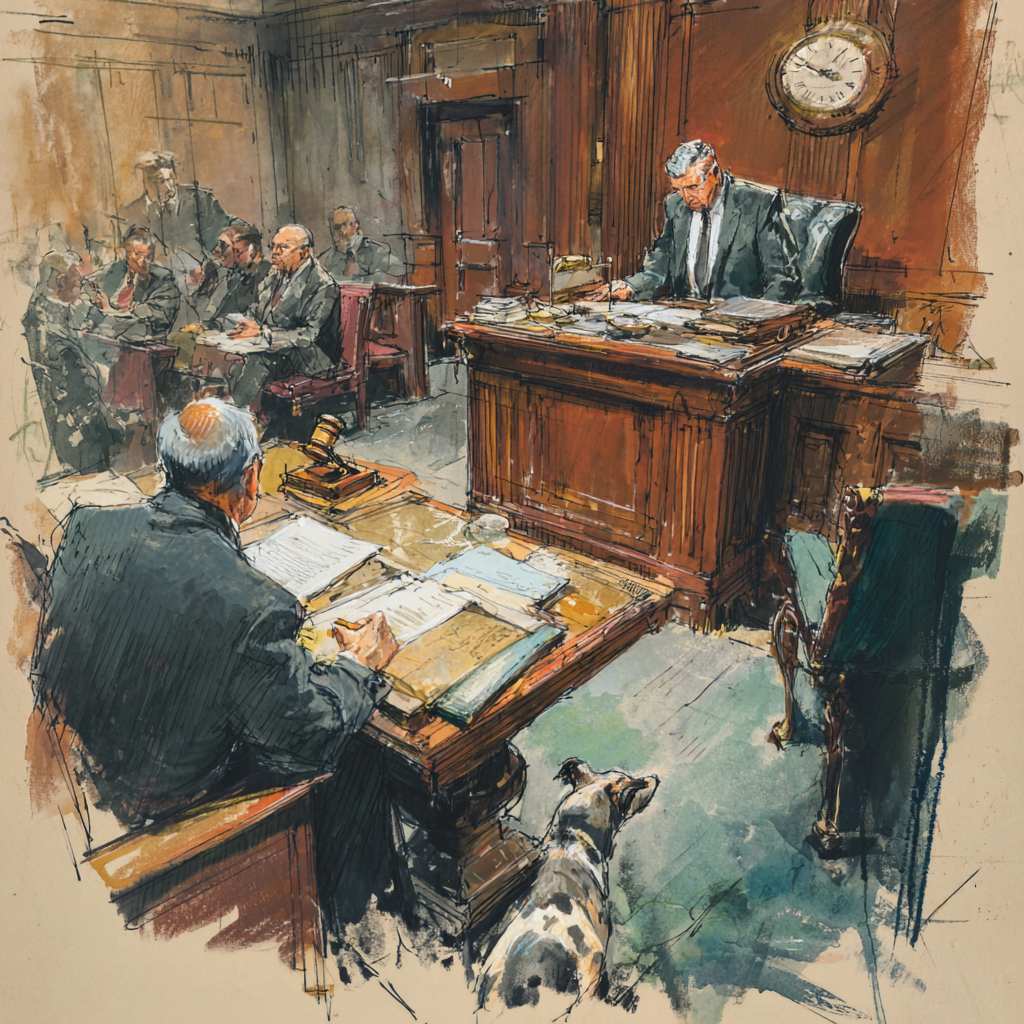Eagle Surgical Supply, Inc. v Progressive Cas. Ins. Co., 2012 NY Slip Op 50151(U)(App. Term 2d Dept. 2012)
If it could go wrong it did. There was probably no point of appealing this one. Ask yourself this question: If you had to pay $1,500 to create a reproduced record, would you spend your client’s money on these facts? The answer is probably obvious.
“However, in support of its motion for summary judgment dismissing the complaint, defendant also submitted two peer review reports of its chiropractor, to which plaintiff objected in its opposing papers on the ground that the reports were not in proper form, as they were affirmed (see CPLR 2106; High Quality Med., P.C. v Mercury Ins. Co., 29 Misc 3d 132[A], 2010 NY Slip Op 51900[U] [App Term, 2d, 11th & 13th Jud Dists 2010]). Although one of the peer review reports contained a notary public’s stamp and signature, it contained no attestation that the chiropractor had been duly sworn or that she had appeared before the notary public (see New Millennium Psychological Servs., P.C. v Unitrin Advantage Ins. Co., 32 Misc 3d 69 [App Term, 2d, 11th & 13th Jud Dists 2011]; cf. Furtow v Jenstro Enters., Inc., 75 AD3d 494 [2010]; Collins v AA Truck Renting Corp., 209 AD2d 363 [1994]). Consequently, this peer review report failed to meet the requirements of CPLR 2309 (b). Moreover, even if the documents submitted by defendant’s chiropractor had been in proper form, the affidavit of plaintiff’s osteopath submitted in opposition to defendant’s motion for summary judgment would have been sufficient to rebut the peer review reports and raise a triable issue of fact.”









